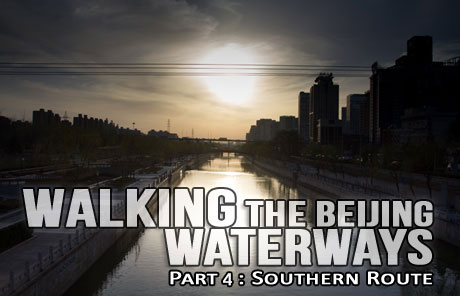Prices at scenic spots to go down
Updated: 2013-04-26 00:17
By ZHAO YINAN (China Daily)
|
|||||||||||
|
 |
|
Tourists enjoy whitewater rafting at Chaotianhou in Xingshan county, Hubei province, on Tuesday. The stretch of river is 5 km long and descends 100 meters from start to finish. Wen Zhenxiao / For China Daily |
Legislators approve first legislation covering tourist market in China
In the first official response to the high-profile pricing dispute in Fenghuang, Hunan province, Wang Wei, director of the Social Development Department under the National Development and Reform Commission, said natural resources and ancient relics are masterworks made by nature and the Chinese people's ancestors, so they should belong to all Chinese as well as people from all over the world.
"We should never draw a line between visitors who have paid money and those who have not, but we should encourage all of them to appreciate and enjoy the masterpieces," Wang said.
"In general, the ticket price will go down gradually in the future."
Wang made the remarks at a news conference on Thursday when the National People's Congress Standing Committee, the top legislature, passed the Tourism Law after three readings.
The law, which will take effect in October, marks China's first legislation covering the tourist market. It will apply to China's domestic travel market, which is now the world's largest and ranks third globally in terms of overseas tourists.
During the three readings, which began in August, the law drew widespread attention as the public hoped it would curb the trend of rising entry fees at scenic spots.
Fenghuang, an old town in Hunan province that is known for its 300-year-old architecture, started charging visitors an entry fee of 148 yuan ($24) this month. Many other tourist sites followed suit.
In a notice issued in 2007 by the NDRC, the top economic planner, ruled that scenic areas could change admission fees only once in three years. March marks the start of the second three-year cycle, and many tourist sites have raised their entrance fees.
"Their practice is contradictory to our original intention. Our three-year-no-raise policy has in fact become a three-year-must-raise. There are places that lowered the price or even canceled the entry fee, which may even be beneficial to their overall economic results," Wang said.
Related Stories
China adopts law to regulate tourism 2013-04-25 15:46
Tourism law to be put to vote 2013-04-25 10:43
Tourism is much more than just profit 2013-04-16 16:11
Entrance fee to ancient town hurting tourism 2013-04-15 08:00
Today's Top News
Onset of flood season adds to quake zone risks
Meeting delivers big deals
China denies border spat with India
Fiscal policies address growth
No let up in home price rises
Copyright watchdog urges industry dialogue
Wider insurance coverage sought
Prices at scenic spots to go down
Hot Topics
Lunar probe , China growth forecasts, Emission rules get tougher, China seen through 'colored lens', International board,
Editor's Picks

|

|

|

|

|

|





